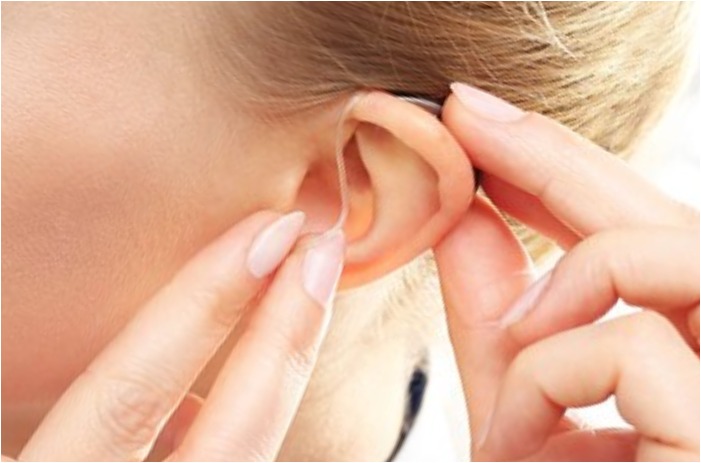
Tinnitus can have varying degrees of impact on individuals’ lives, ranging from a minor annoyance to a significant disruption in daily activities.
To summarize the causes of tinnitus:
- Aging: Age-related hearing loss (presbycusis) is a common cause of tinnitus, particularly in older adults.
- Loud Noise Exposure: Prolonged exposure to loud noises, whether from work environments, recreational activities, or loud music, can lead to tinnitus.
- Ototoxic Medications: Certain medications have the potential to damage the ears and cause tinnitus. If you suspect medication-induced tinnitus, it is essential to discuss concerns with your healthcare provider to explore alternative options.
- Foreign Objects: Accidentally inserting foreign objects like pens or cotton swabs into the ear can cause damage to the eardrum and trigger tinnitus.
- Excessive Earwax: Build-up of earwax can block the ear canal, affecting hearing and potentially causing tinnitus.
- Allergies: Congestion from allergies can impact the Eustachian tube, leading to difficulties in equalizing pressure in the ears and affecting hearing, which may contribute to tinnitus.
It’s essential to emphasize that tinnitus itself is not a disease but a symptom of an underlying condition. Therefore, identifying and addressing the root cause of tinnitus can be instrumental in managing the condition effectively. If you experience persistent tinnitus or it significantly affects your daily life, seeking evaluation and guidance from a healthcare professional is recommended. They can conduct a comprehensive assessment, determine the cause, and propose appropriate management strategies to help alleviate the impact of tinnitus on your well-being.
